Analysis done by J. Graham Atkinson, D.Phil., executive vice president for research and policy at the JKTG Foundation, cautions readers on the flaws of Congressionally-mandated peer grouping to determine hospital readmission penalties and provides an algorithm that quantifies the impact of socio-economic status on quality measures.
The analysis was published online at academia.edu. Below are excerpts. Read the full analysis here.
**EXCERPT FROM “Quantifying the Impact of Socio-Economic Status on Quality Measures”**
There is substantial evidence that low socio-economic status (SES) results in a higher risk of hospital readmission. Low SES is also associated with poorer score on other quality measures. The Centers for Medicare and Medicaid and Services (CMS) has consistently refused to make such an adjustment, providing a flawed rationale against it, but Congress has now required that peer grouping of hospitals by proportion of low-SES patients be used in the calculation of penalties for readmissions. We argue in this paper that such a peer grouping, while it may be an improvement over the current situation, is not an optimal way to adjust for SES and suggest a more refined approach based on within hospital differences in quality performance between low SES and other patients…
…This note provides an algorithm that allows the patient level impact of low SES to be separated from hospital or other more aggregate level effects after a model has been developed to standardize and risk adjust a quality measure. Applying this algorithm would allow one to determine whether there was a difference due to SES at the patient level, and then, based on the presence and magnitude of the effect, decide whether the difference was sufficient to justify adjusting for it. This algorithm can be applied for quality measures for hospitals, other providers, or health plans, and to a wide variety of measures. However, in situations where it is determined that SES has a substantial effect it would be preferable to design the risk adjustment regression model including an SES variable, and accounting for hospital (or other aggregate) level effects by the use or a hierarchical model.
Featured news
Ted’s Take: A guide to philanthropy from a philanthropist
Let’s face it, philanthropists or large contributors, get asked for money virtually in every conversation.
Ted’s Take: What do Fighting a War, EVs and Heath Care have in common?
Answer – The need for infrastructure. Without it, things fail.
Ted’s Take: The easy way out
Let’s face it, there will always be problems in our lives and our country that need to be addressed. When they arise, we need to look at the situation clearly and honestly.

Jayne Koskinas Ted Giovanis
Foundation for Health and Policy
PO Box 130
Highland, Maryland 20777
Media contact: 202.548.0133


